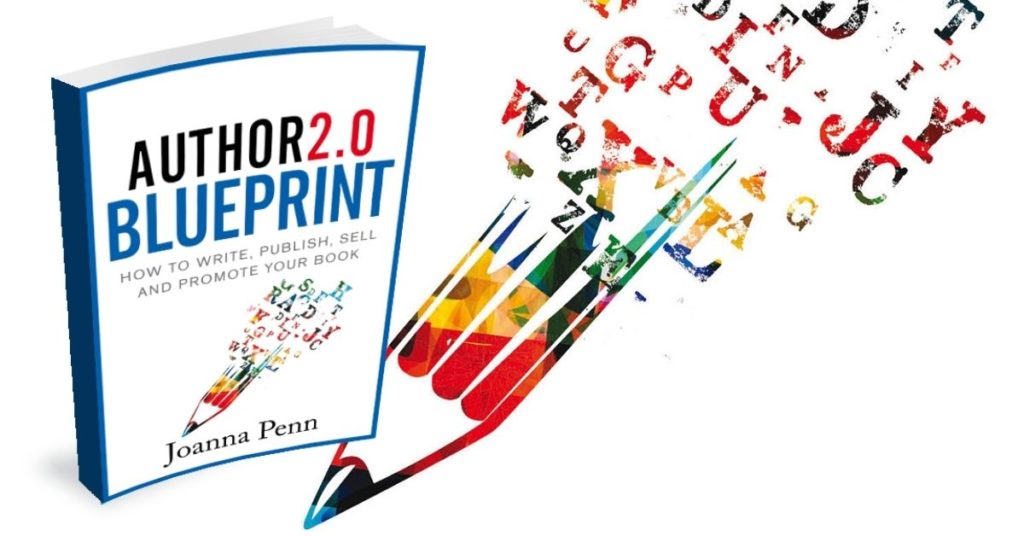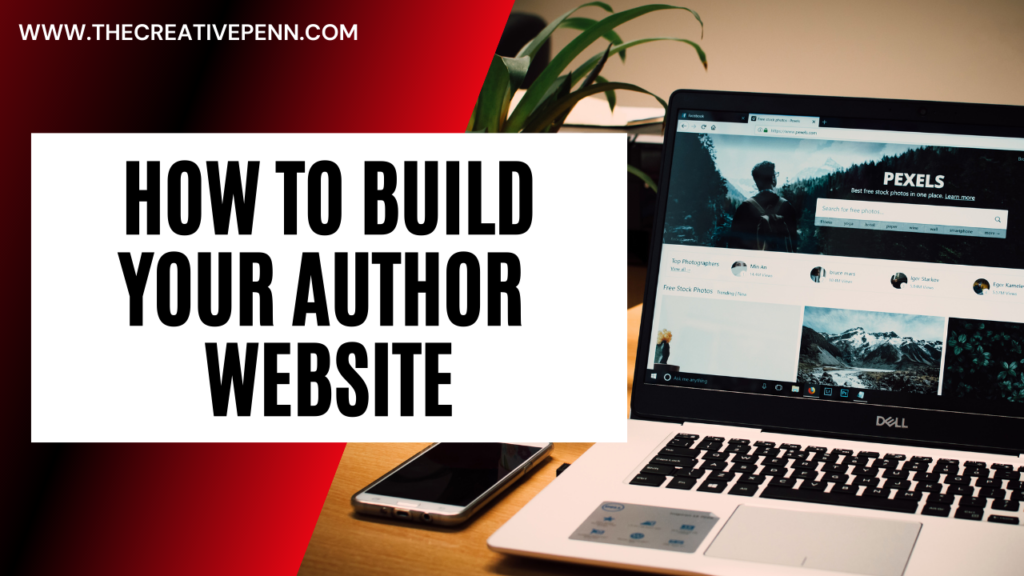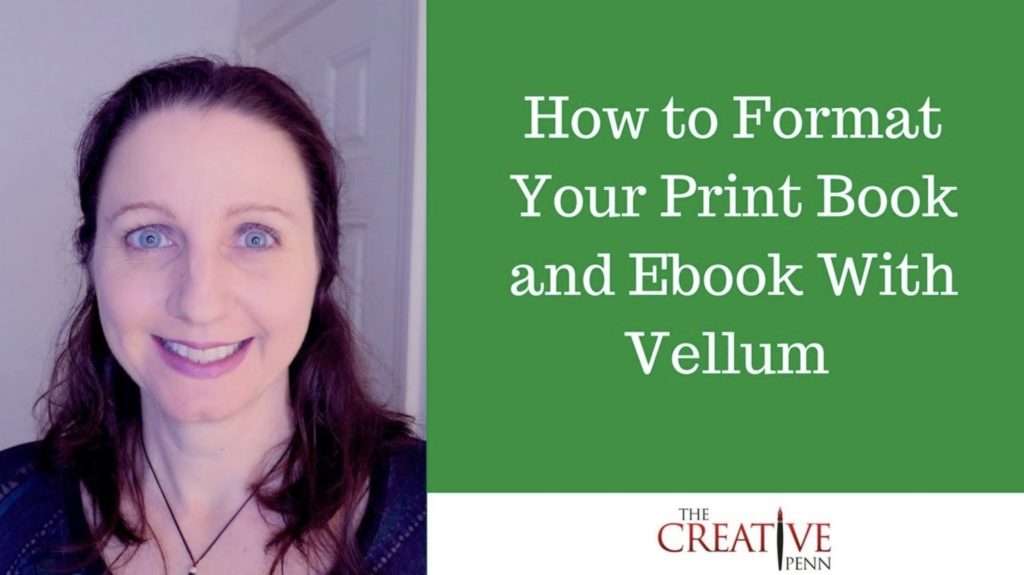Making a living from your writing is not just about book sales. There are many ways to turn your words into multiple streams of income, and ethical affiliate marketing can be effective — if you have an audience and a clear niche.
This is an excerpt from How To Make a Living With Your Writing Third Edition (April 2021): Turn Your Words Into Multiple Streams of Income.
Affiliate income is commission on sales that you make for someone else’s product or service.
You don’t have to manage customers yourself, you just drive traffic to their sales page, which makes it a truly scalable form of income. As your email list expands, as traffic to your website grows, as your books sell more, your affiliate revenue will rise as well.
It takes time, but if you are intending to have a long-term career, it can be well worth integrating as part of your streams of income.
My first affiliate payment back in 2008 was $1.78 from Amazon Associates, hardly worth the effort of creating the links. But over a decade later, I make six figures annually from affiliate sales alone, so it’s been well worth the time to grow and maintain.
Ethical (and successful) affiliate marketing
Trust and reputation are far more important than easy cash.
I only recommend products and services that I use personally and are useful to my audience. Although I am offered opportunities that would bring in immediate revenue if I promoted them, I would never risk the trust of my audience for the sake of short-term income.
If you’re ethical with your affiliate recommendations and marketing, then your audience will thank you for sharing and help you by spreading the word. People want to buy things that will help them or entertain them. If we can be trusted advisors curating a sea of possibilities, then recommending affiliate products is a useful thing to do as well as a great income stream.
Serving your audience will also make you a more successful affiliate marketer. If you offer something that is a bad fit, no one will click on your link. If you recommend something that is low quality or a bad customer experience, or if you’re not honest about being an affiliate, they will find out anyway and they won’t trust your recommendation next time.
Start with your book links to the online vendors
Since you’re already promoting your books on your website, in emails and on social media, you might as well make a few cents more by using an affiliate link.
Amazon Associates enables you to set up one link that redirects to various country stores and you receive a (tiny) percentage of whatever people buy on the site during a 24-hour period.
Apple’s affiliate program enables you to link to songs and albums, audiobooks and books, films and TV shows and offers several tools to help design the right links and images.
Kobo’s affiliate program is managed by owner e-commerce company, Rakuten, and you can promote other books and products outside of Kobo if you use their network.
Even online store, Bookshop.org, has its own affiliate program if you want to help independent booksellers.
You can also use a site like Booklinker.net or Books2Read.com to create one link that works for all stores and contains affiliate links. Books2Read also has the option of using a Facebook pixel for ad tracking.
Useful products, tools and services
Think about your niche and your specific audience. What might be useful for them?
My non-fiction audience are authors, so I offer things they need but that I can’t provide myself:
• Services like editing and proofreading, as well as book cover design
• Tools for writing, editing, publishing, and marketing
• Online courses for writers (some of my own, and some by others)
These offers could also be tangential, for example, if you write cat cozy mysteries, you could research cat-related products and/or services that you recommend on a page on your website with affiliate links, or even within the books themselves.
How do you become an affiliate?
If you already use a product or service, there might be details within the program with how you can promote it. Or you can Google the product or service and ‘affiliate program’ and you’re likely to find information on how to enroll. If there is nothing publicly listed, then you could email the company and ask if they have an affiliate program.
You might need to show evidence of the size of your audience and have a plan for promotion. You’re more likely to be approved if you have measurable traffic on your website, podcast downloads, or a substantial email list.
Check the terms and conditions. For example, many programs don’t allow paid ads as they don’t want competition driving higher ad prices.
Once you have your affiliate link, you need to drive traffic to it. Only a certain percentage will click through to buy, so you need ways to bring people into the funnel.
Here are some ideas.
Create a video tutorial
Demonstrate how people can use the product you recommend in a free video that is useful in its own right.
I have a free video tutorial series on how to build and set up your author website and email list.
The videos contain affiliate links to different products and services, and I also give people options to go straight to the sites without using my links. I state clearly that I’m an affiliate and people don’t need to use my links in order to get the benefit of the content. I just ask that people use my links if they find it useful.
I also create tutorials for the most useful software for authors, for example, how to format your ebook and print book using Vellum.
Create a recommendation page
Include your affiliate links in one place on your website. I have a Tools, Tutorials and Resources page and some people use ‘Favorite Things’ or ‘Products I love.’
Use links in your books
This is easier for non-fiction authors, as you can easily integrate links within your books as I have within this one. I always include a notice in the first chapter which you’re welcome to use as a template:
Note: There are affiliate links within this book to products and services that I recommend and use personally. This means that I receive a small percentage of the sale at no extra cost to you, and in some cases, you may receive a discount for using my link. I only recommend products and services that I believe are great for authors, so I hope you find them useful.
I recommend using a URL shortener for your links, so it’s easy for people to type into a browser from a print edition. I use Pretty Links plugin for WordPress, but there are other options. You can also offer a download page from your audiobook so that listeners can access the information as well.
Use links in your emails
Once you have an email list sign up on your site, you can include affiliate links in emails to your audience. For example, if you sign up to my Author Blueprint you’ll get useful emails, articles, and videos, some of which contain my affiliate links.

I also email my list with updates and offers over time, and try to use at least one affiliate link in every email.
Maintaining an email list costs money and you won’t be selling books every time, so it’s good to have other content and offers in order to make your list pay for itself.
Use links in your regular content
Whether you blog, podcast, make videos, and/or use social media, you will probably create content that is useful, entertaining and/or inspirational to bring people to your books.
Consider creating specific content that also attracts people to your affiliate links — like this blog post!
For example, every author will need an editor at some point, so I made a video and article on how to find and work with professional editors which is useful on its own and leads people to my editors page, which includes some affiliate links and other useful resources.
Host joint venture webinars
Webinars are free, live online events with replays available afterward. They should offer valuable content in themselves but also have an offer for the product, service or training course as part of the event.
If you have an audience, you can work with others to present the webinar and pitch, and you can also offer links to evergreen webinars which people attend in their own time.
As an example, check out a replay of my webinar with Nick Stephenson, where we go into how to automate your author marketing at TheCreativePenn.com/nickjo
Questions:
- What are the pros and cons of affiliate income?
- How can you be an ethical and successful affiliate?
- How could you start making affiliate income?
- How will you expand this to increase traffic and revenue?
This is an excerpt from How To Make a Living With Your Writing Third Edition (April 2021): Turn Your Words Into Multiple Streams of Income.

The post Affiliate Income For Authors first appeared on The Creative Penn.
Go to Source
Author: Joanna Penn



